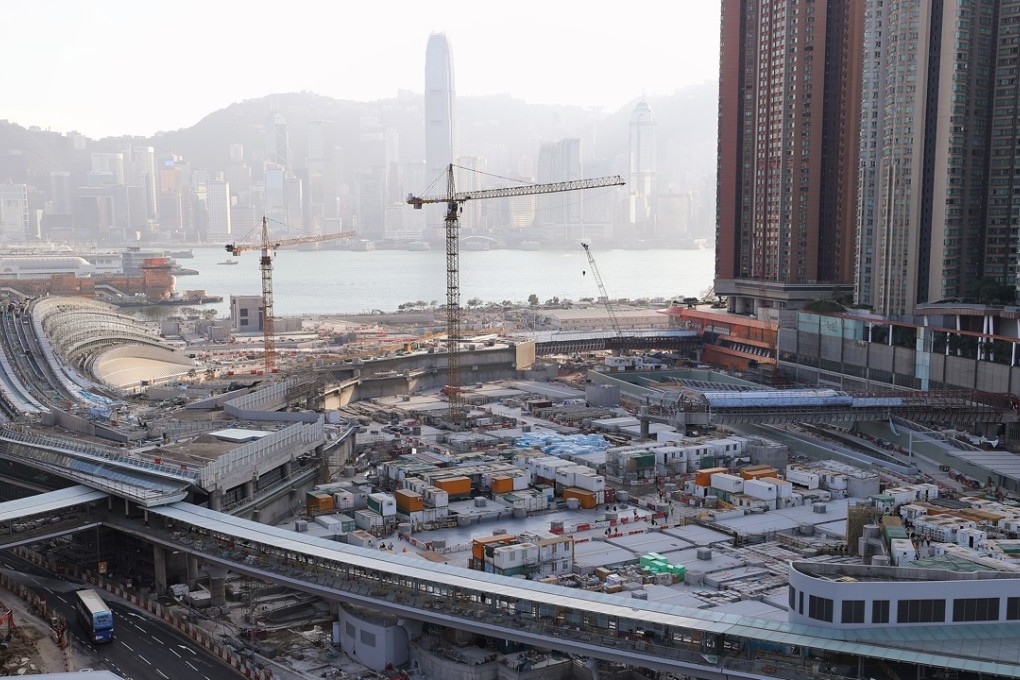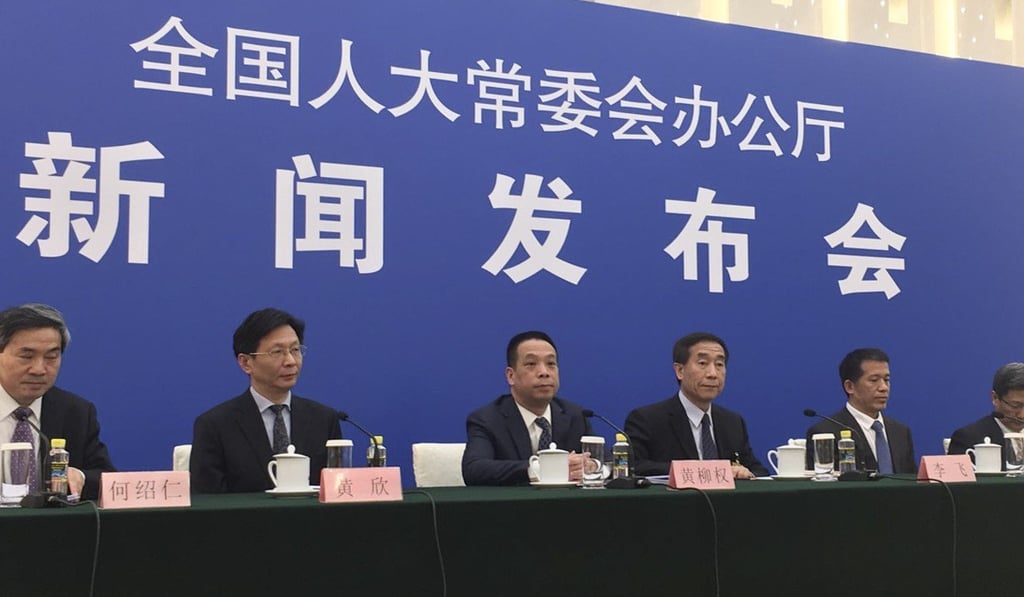Joint checkpoint plan will not undermine Hong Kong’s autonomy, Basic Law Committee member says
Albert Chen Hung-yee responds to concerns over controversial arrangement that some believe violates the Basic Law

A Basic Law Committee member has dismissed fears that the joint checkpoint arrangement for the Guangzhou-Shenzhen-Hong Kong rail link would set a precedent to undermine Hong Kong’s autonomy, saying the city has control in two key parts of the three-step process involved.
Albert Chen Hung-yee was responding to concerns by the legal sector and pan-democrats, who said the controversial plan violated the Basic Law.
The controversy centres on Article 18 of the city’s mini-constitution, which states national laws shall not be applied in Hong Kong except for those listed in Annex III.
Controversial joint checkpoint plan approved for high-speed rail link as Hong Kong officials dismiss concerns over legality
Basic Law Committee chairman Li Fei on Wednesday said people should not just understand the article merely by “the wording”, but also the “principles and intentions” behind the constitution.
“Beijing authorities view the articles from the perspective of legislative intent … which is a bit different from the local legal sector, which understands [it] from the wording,” said Chen, who is also a law professor at the University of Hong Kong, suggesting that reflected the difference between mainland law and a common law system.

Chen dismissed concerns that part of Hong Kong would be “randomly leased” to the mainland and have its jurisdiction changed.
“It depends on whether the Hong Kong executive and legislative branches would like to make it happen,” Chen said, adding the Hong Kong government had control over the first and third parts of the three-step process.